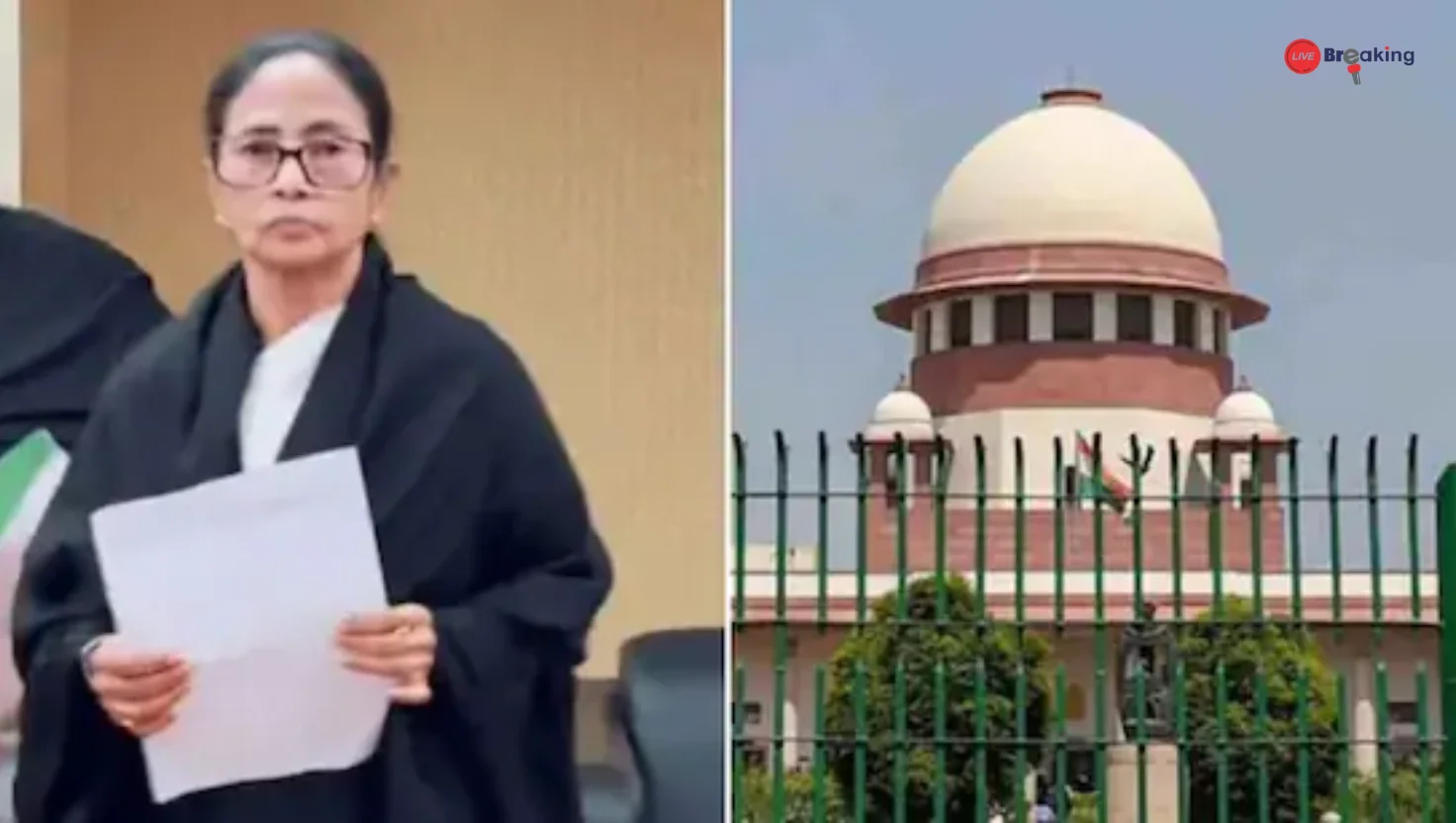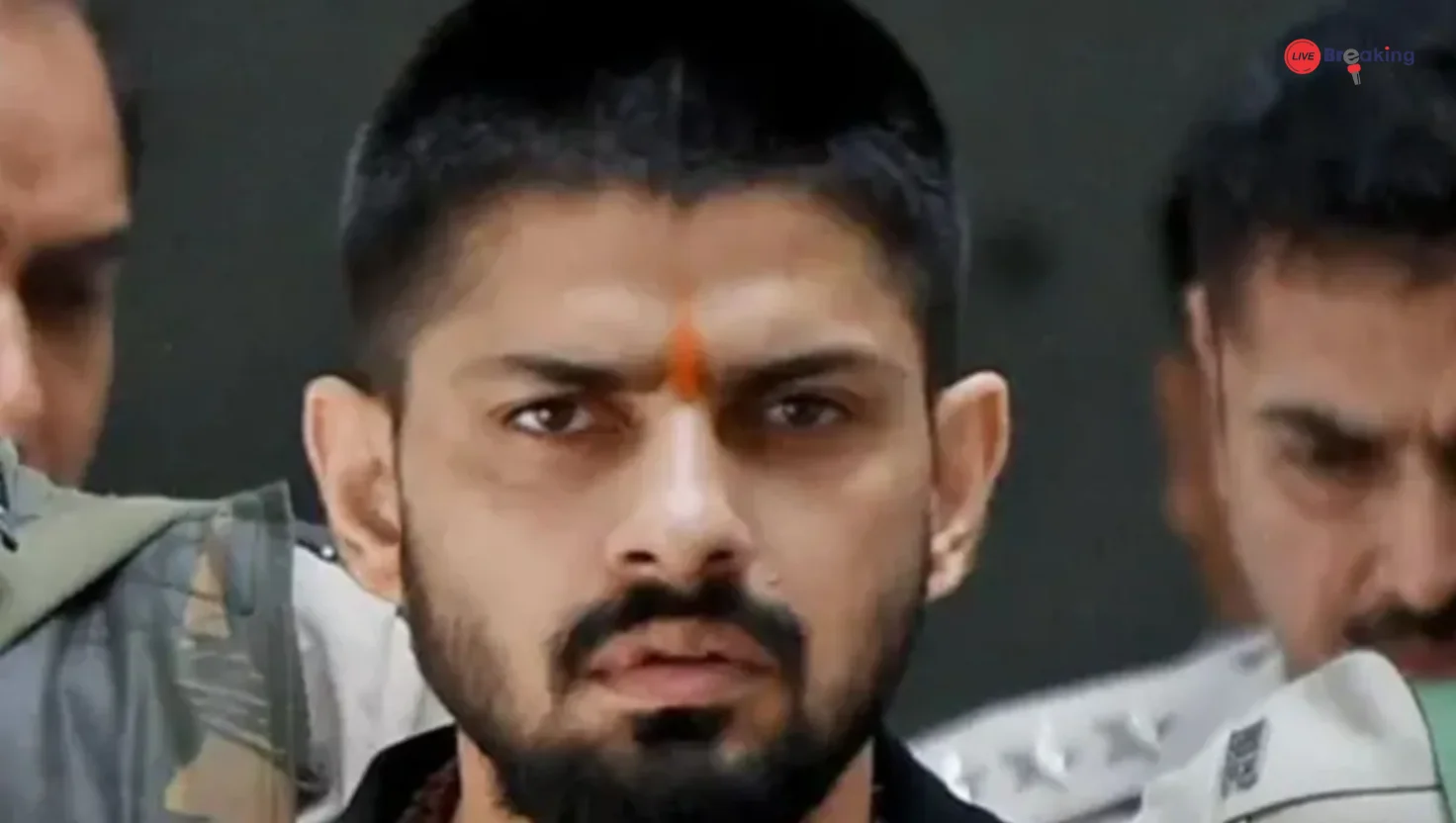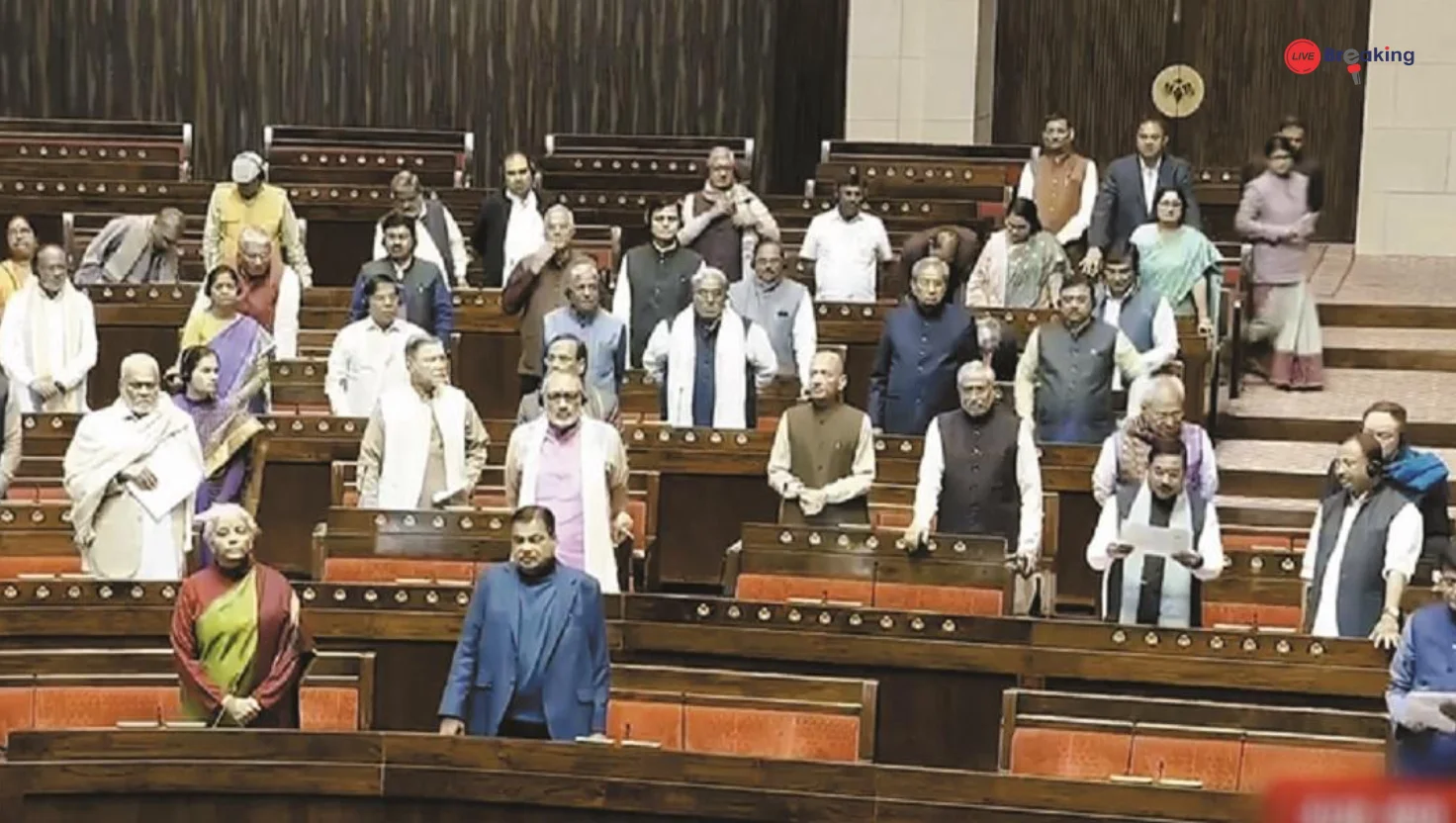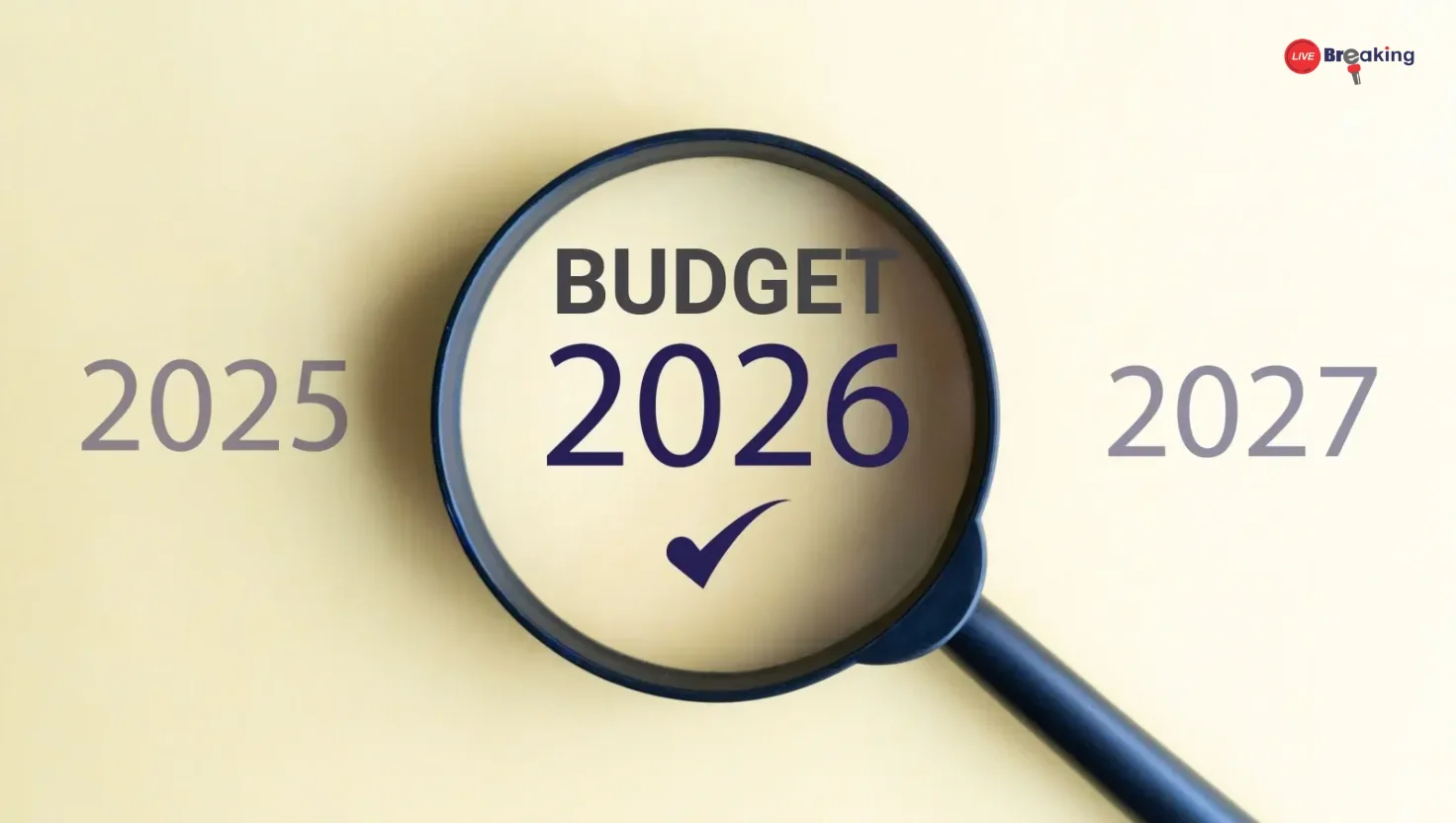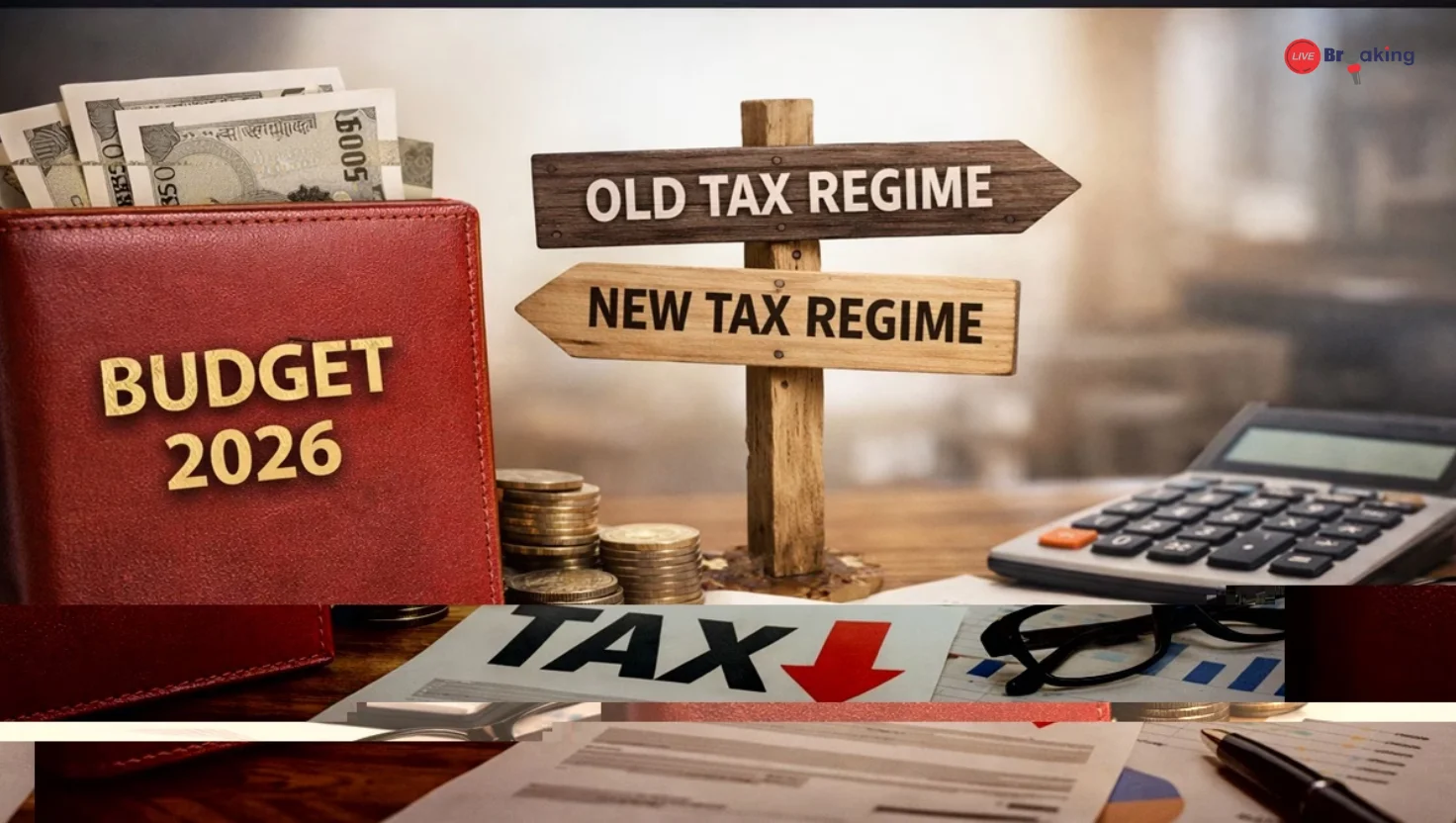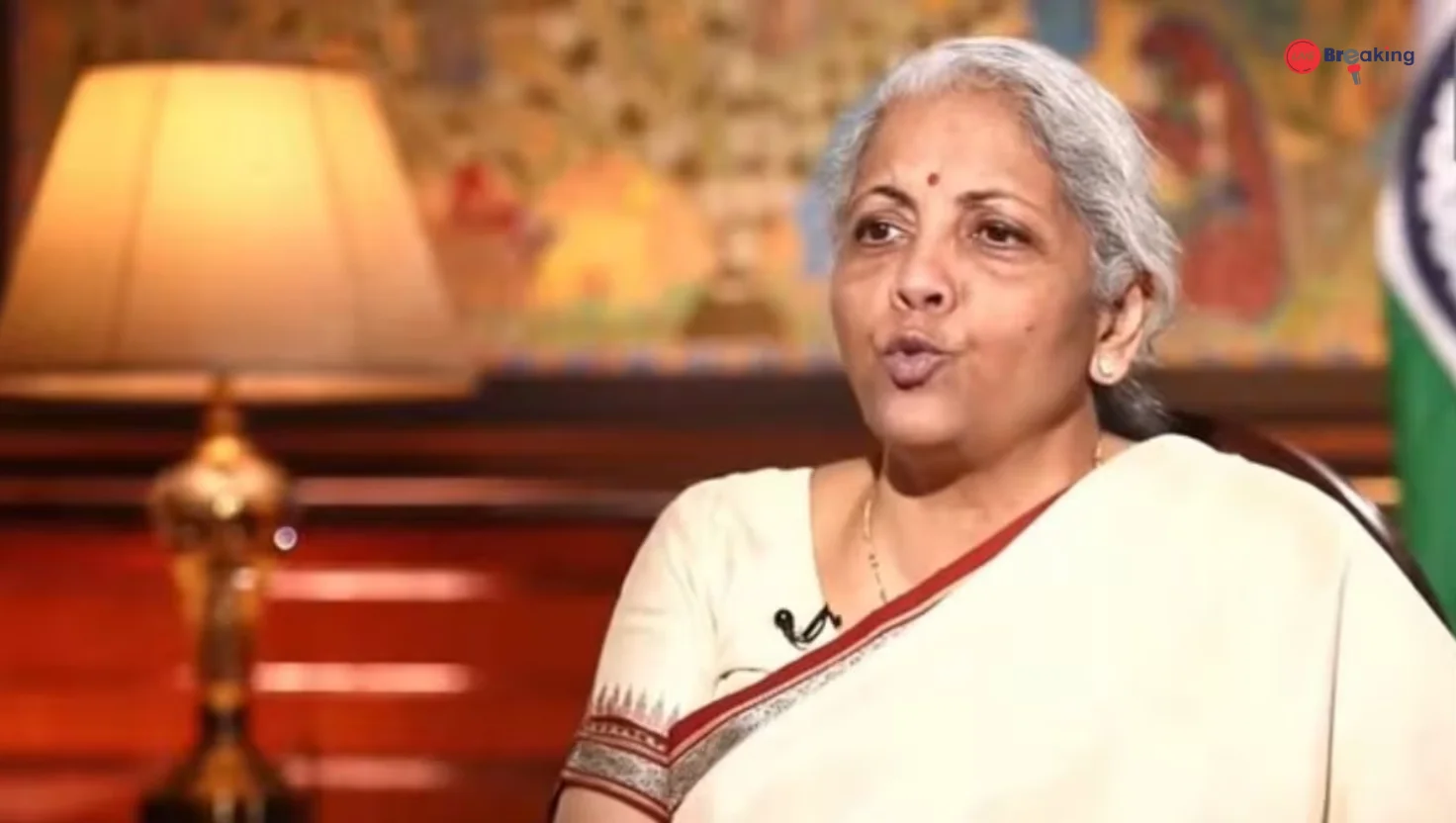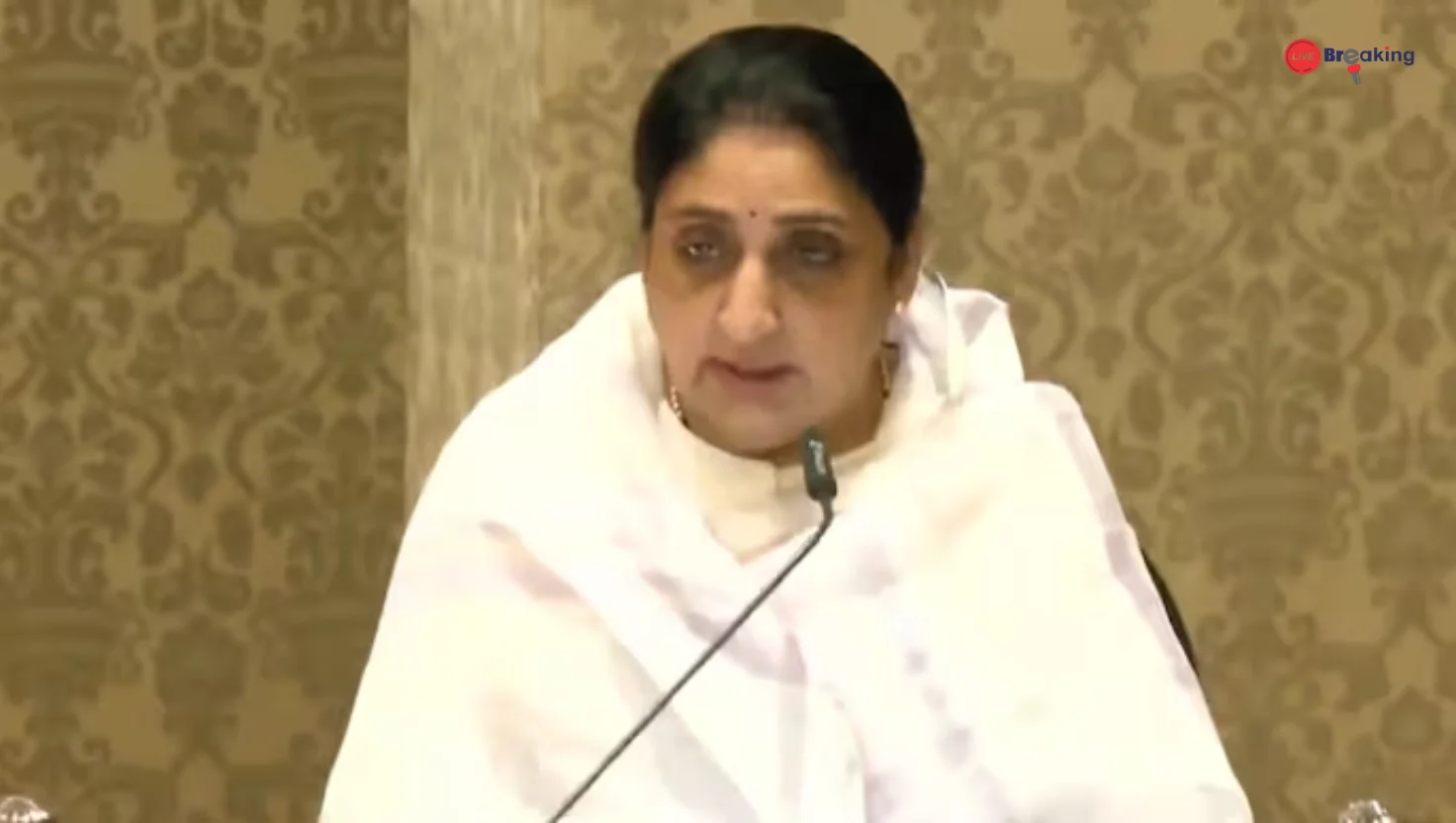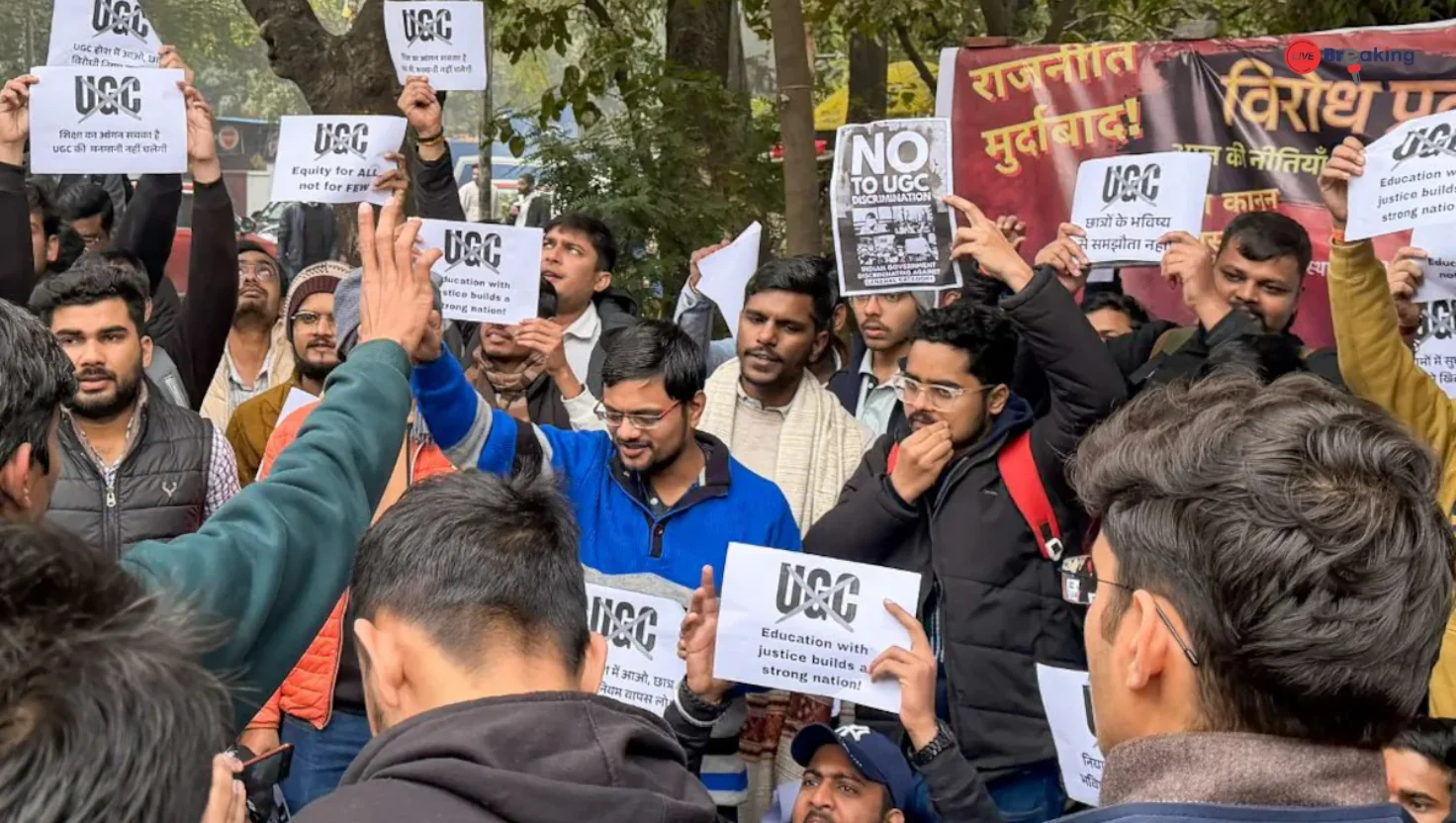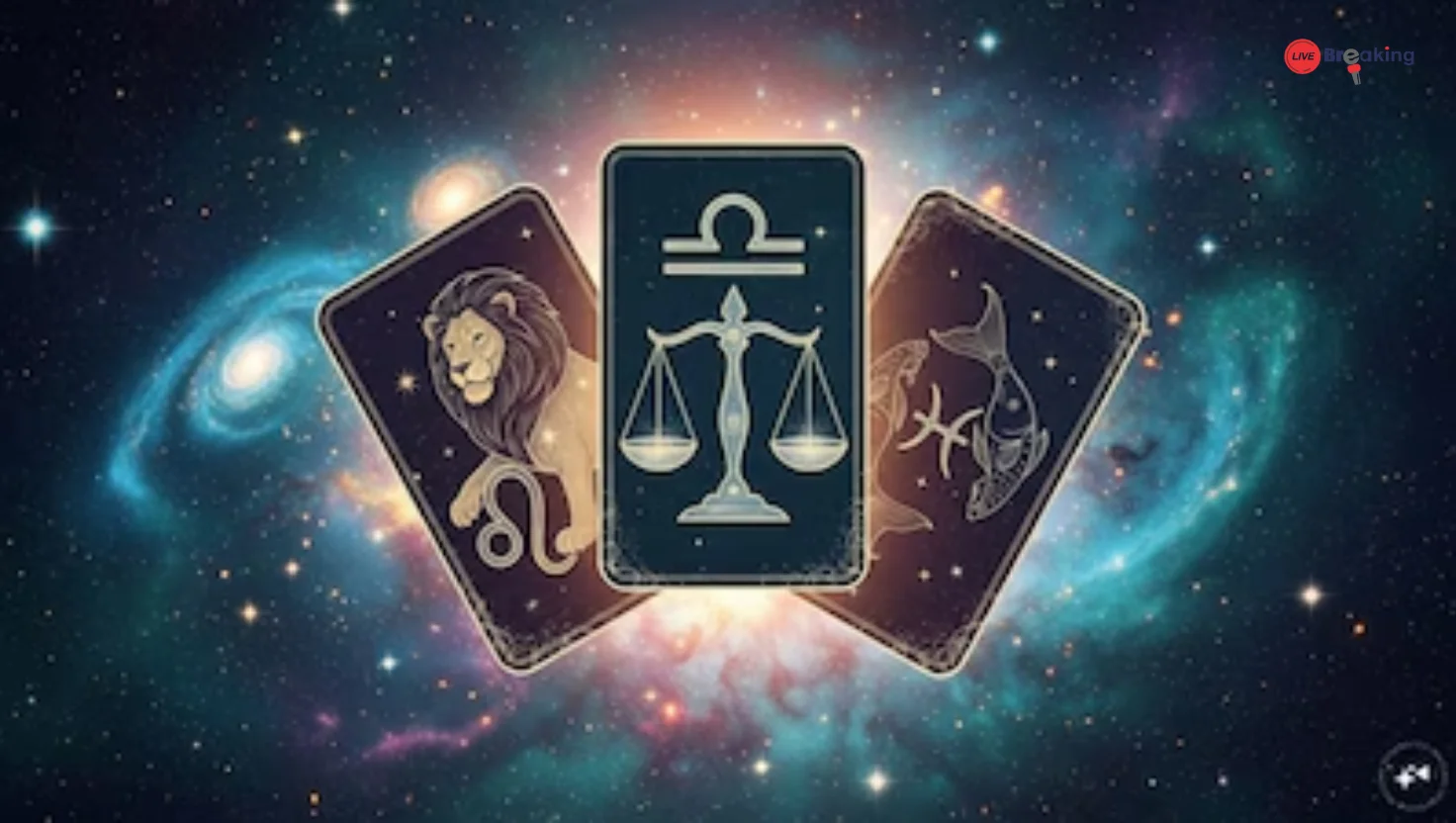Why Modi Isn’t Budging on Russian Oil Despite Trump’s Warnings
In a significant geopolitical standoff, Prime Minister Narendra Modi has firmly held his ground amid escalating pressure from former US President Donald Trump regarding India’s continued import of discounted oil from Russia. As Trump renews his criticisms and urges India to sever energy ties with Moscow, Modi has made it clear that India will not compromise on its national interests or energy security.
Trump’s Renewed Criticism
Donald Trump, who is expected to be a key contender in the upcoming US presidential elections, has once again turned his attention to India’s foreign policy—particularly its ongoing oil trade with Russia. Calling the purchases “aiding the enemy” during a recent campaign rally, Trump criticized the Modi government for what he perceives as ignoring Western sanctions and “fueling” Russia’s war efforts in Ukraine.
“The US can’t keep giving support to countries who side with our adversaries,” Trump said. “India needs to choose between being a strategic ally and funding Russia’s aggression.”
His remarks reflect a growing frustration within segments of the US political establishment, who believe that India, as a major democratic power, should align more closely with Western positions on Russia.
Modi’s Firm Response
In response, Prime Minister Modi has not backed down. Without naming Trump directly, Modi reiterated India’s sovereign right to make independent decisions based on its national needs. “India will always prioritise the welfare of its citizens. Affordable energy is critical for our economy and for millions of Indian households,” he said during a recent press briefing.
India, the world’s third-largest oil importer, has significantly increased its intake of Russian crude since the start of the Ukraine conflict, benefitting from heavy discounts offered by Moscow. While the West has imposed strict sanctions on Russia, India has maintained a non-aligned stance, calling for peace while continuing trade.
Read more: Donald Trump: I Don’t Care If India and Russia Collapse Their ‘Dead Economies’ Together
Modi’s government has consistently defended its decision by citing energy security, economic pragmatism, and strategic autonomy. “The world must understand that India’s interests cannot be dictated by external powers,” a senior official from India’s Ministry of External Affairs noted.
A Broader Strategic Balance
India’s relationship with Russia spans decades and includes deep defense, energy, and diplomatic ties. At the same time, India remains a key US ally in the Indo-Pacific strategy, a member of the Quad alliance alongside the US, Japan, and Australia, and an important partner in countering China’s rise.
The Modi government is attempting a delicate balancing act—sustaining its time-tested partnership with Russia while strengthening cooperation with the US and other Western nations. Experts believe this is part of India’s broader strategy of “multi-alignment,” where it engages with multiple global powers based on specific national interests, not ideological alignment.
Domestic Support and International Reactions
Modi’s strong stance has found broad support at home. Economists and energy experts have pointed out that India’s energy needs cannot be sacrificed in the name of international pressure. “We are a developing country. Access to affordable fuel is not a luxury—it’s a necessity,” said energy analyst Ranjit Khare.
International reactions have been mixed. While the US under President Biden has shown more restraint in addressing India’s Russian oil purchases—acknowledging India’s unique position—Trump’s rhetoric could reignite tensions if he returns to power. European leaders, meanwhile, have generally adopted a more understanding tone, recognising India’s developmental priorities and strategic constraints.
Read more: PM Modi Arrives in Maldives, Meets President Muizzu
Looking Ahead
As global tensions persist and energy politics continue to play a defining role in diplomacy, India’s stance is likely to remain unchanged. With elections approaching both in the US and India in the coming years, leaders on both sides are expected to play to their domestic audiences while maintaining the core of their diplomatic relationships.
Prime Minister Modi’s defiance in the face of external pressure reflects a broader shift in India’s global posture—from a passive player to an assertive power, ready to uphold its sovereignty in a multipolar world.
While Trump’s criticisms may stir debate, India’s position remains rooted in pragmatism. For now, the message from New Delhi is clear: decisions on oil, trade, and diplomacy will be made in India—and for India.



